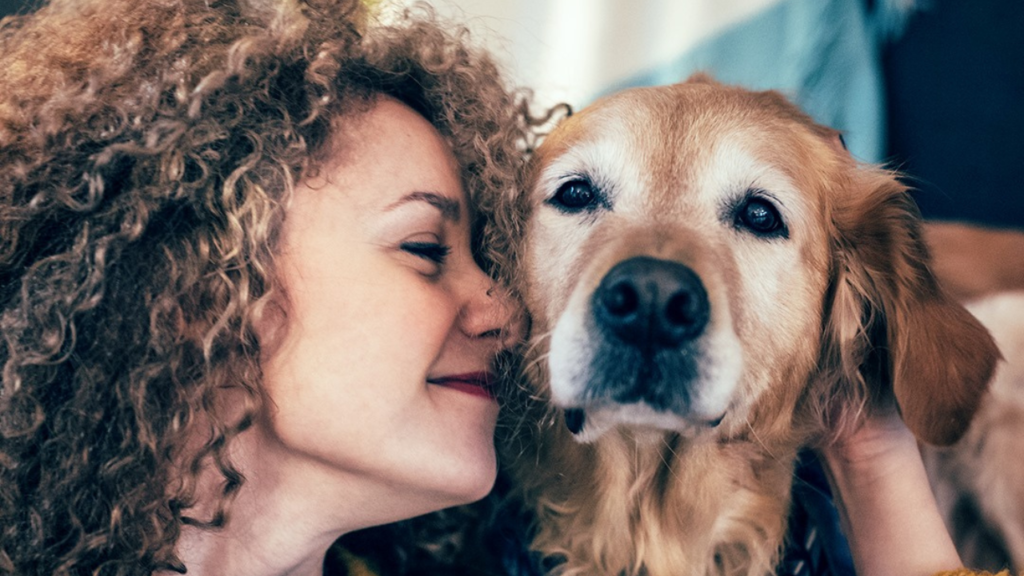
Pets are more than just companions—they offer emotional and physical benefits that can improve our mental well-being. From providing a sense of security to encouraging daily routines, pets can positively impact various aspects of life. This article explores how pets help mental health, considerations for pet ownership, and alternatives for those unable to own one.
Mental Health Benefits of Owning a Pet

Caring for a pet can enhance mental health in multiple ways. Activities like walking a dog boost physical activity, which is good for mental well-being. Pets provide companionship, making people feel less lonely, especially for the elderly or those living alone. They also reduce anxiety, improve self-confidence through unconditional love, and help individuals meet new people during walks or training classes. Additionally, pets add structure to daily life, offering a sense of purpose.
Pets for Specific Needs

Pets can be particularly helpful for individuals with unique challenges. For example, people with ADHD benefit from the structure pets provide, such as scheduled feeding and playtimes, which can promote better time management. Autistic individuals often find comfort in the unconditional support pets offer, helping with social skills and sensory integration. Pets can bring calm and reassurance to their owners during overwhelming situations.
Is Pet Ownership Right for You?

Owning a pet is a significant responsibility requiring time, money, and a stable home environment. Before adopting, potential owners should evaluate their lifestyle, including available outdoor space, activity levels, and financial resources for pet care. Fostering a pet or assisting with a friend’s pet can help determine readiness for ownership. Organizations like the PDSA provide resources to guide this decision.
Alternatives to Pet Ownership

For those unable to own a pet, there are creative alternatives. Spending time with friends’ pets or volunteering at animal shelters can offer similar benefits. Programs like BorrowMyDoggy and the Cinnamon Trust connect individuals with opportunities to walk or care for dogs. Temporary fostering for rescue centers or domestic violence survivors’ pets is another way to experience the joys of animal companionship without the long-term commitment.
Sources:
Mental Health Foundation – https://www.mentalhealth.org.uk/explore-mental-health/a-z-topics/pets-and-mental-health
Mental Health America (MHA) – https://mhanational.org/news/2024-state-of-mental-health-report
Stay connected with us for more stories like this! Follow us to get the latest updates or hit the Follow button at the top of this article, and let us know what you think by leaving your feedback below. We’d love to hear from you!







